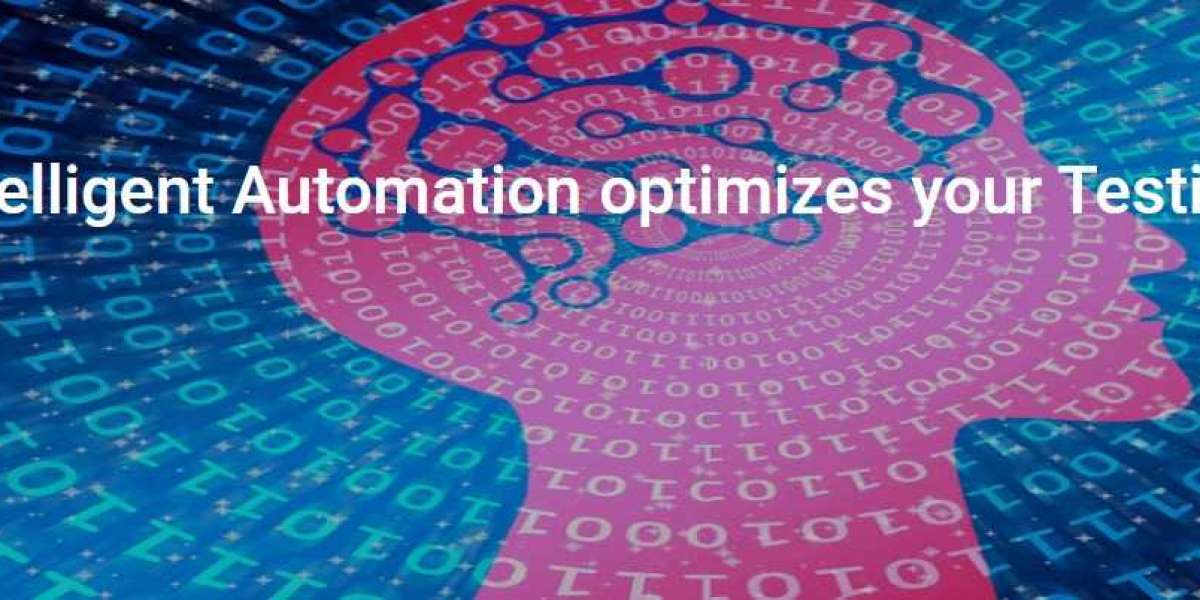Intelligent Automation: Increasing the value of automation testing
Imagine having the ability to self-evolve and heal whenever there is an impediment – helping you to adapt to the change and also increasing efficiency and productivity. When the key differentiator to any business in this competitive digital era is achieving end-user satisfaction, delivering “quality-at-speed” plays a crucial role in achieving it. In the last few years, there has been a conscious effort in the world of software testing to translate the manual test cases to automated testing to achieve Quality-at-Speed, lower the risk factor and improve test coverage.
With the advent of automation, manually intensive tasks are being executed faster with reduced human errors. Test Automation is a method in software testing that leverages automation tools to control the execution of tests. Test automation is also called automated testing or automated QA testing. Ultimately, Automation tools are best suited for tasks, processes, and workflows that have repeatable, predictable interactions with other IT applications.
The value of Automation in today’s world is far greater than ever. It may have started with a goal to reduce the costs of repetitive tasks. However, automating just to reduce cost is not what automation is all about. In fact, the journey gets all the more exciting with disruptive technologies like Artificial Intelligence and Machine Learning, which take automation to the next level!
Unlike Automation, which is designed to automate routine, repetitive tasks, intelligent automation goes a step further and provides the capability to automate non-routine tasks by leveraging AI and ML to redefine the ways of Software Testing and solve complex problems.
So, what exactly is Intelligent Automation?
Intelligent Test Automation is a layer on top of the normal automation that fixes most of the problems in automation, helps reduce human work, and gains new capabilities beyond human abilities.

To gain a clear overview of the key differences, let’s compare the two terms on key parameters:
| Parameters | Automation | Intelligent Automation |
| Technology and Focus on process | Automation is process-driven. Focuses on automating repetitive and, rule-based processes | IA is all about data-driven processes, Incorporates artificial intelligence (AI) and Machine learning (ML) technologies |
| Test case generation and maintenance | Test Automation cases are high maintenance and are not reusable resulting in higher maintenance costs and lower test case generation efficiency | Uses Model based testing. TDD/BDD approach is used and the test cases are generated and maintained automatically resulting in reduced maintenance cost |
| Ability of self evolve | Follows rules to automate the tasks that has no variations, is restricted to repetitive tasks | Learns and adapts to data in real-time with the self-healing capability . |
Now that we are clear on the key differences, let’s explore the use cases for Intelligent Automation in Testing services. Read for more information visit: www.webomates.com
Ad-hoc testing | API Testing | Requirement traceability matrix | Shift left testing








